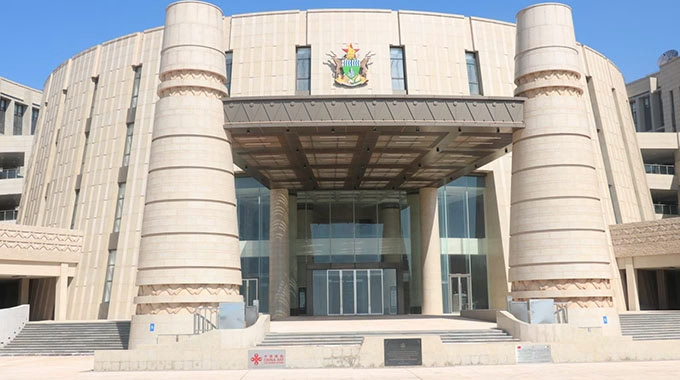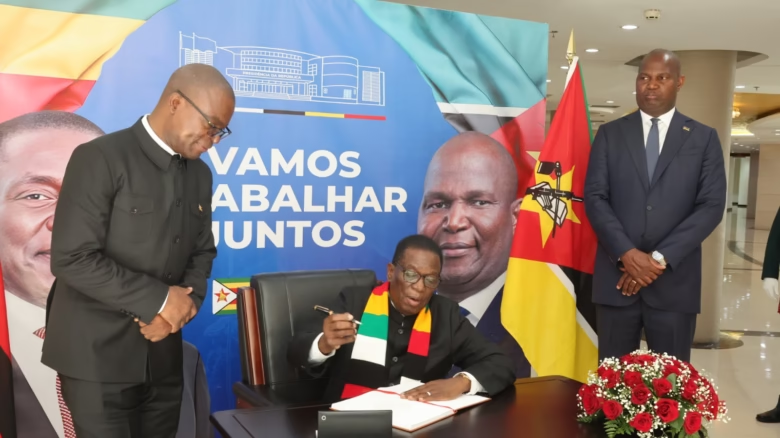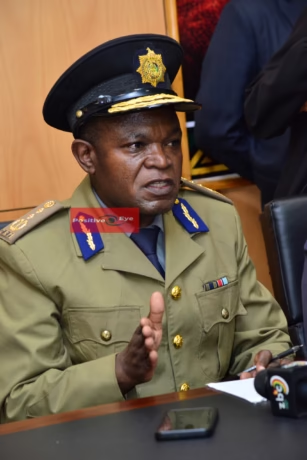
The Parliamentary Youth Caucus, in collaboration with the Zimbabwe Youth Council, convened a groundbreaking Youth Inclusive Budget Consultative Conference under the theme “Empowering the Young Drivers of Economic Growth for Sustainable Development to Deliver Vision 2030.” The event marked a significant milestone in embedding young people’s voices at the heart of national fiscal planning.
In a setting that was both spirited and reflective, youths from across different sectors, agriculture, entrepreneurship, innovation, education, and creative industries, engaged policymakers in robust dialogue about the allocation of national resources. The conference was not just another consultative gathering, it was a platform where the aspirations, frustrations, and strategic insights of Zimbabwean youth were put before decision-makers in finance, women’s affairs, and youth development.
Chairperson of the Parliamentary Youth Caucus, Honourable S. Sakupwanya, underscored the historic importance of the platform. He said, “We want to appreciate the opportunity that young people are now in Parliament, which has led to the formation and lively action by the Parliamentary Youth Caucus. Prior to our being in Parliament, the youth component was always an afterthought, but now we have taken the initiative to ensure the Youth Inclusive Budget Conference is part of the budget cycle.”
Honourable Sakupwanya further emphasized that youth issues must never be sidelined, grounding his remarks in the Constitution. “For us, youth priorities have to be the pillar of the budget because youth form the majority in our population. Section 20 of the Constitution speaks to the inclusion of youth in every aspect of the economy and government operations, and we are simply implementing what the Constitution says,” he stated. Section 20 obliges the State to ensure that young people are given opportunities in education, training, employment, and participation in political, social, and economic spheres.
Adding further depth to the dialogue, Honourable Tanatsiwa Mukomberi, Member of Parliament for Masvingo South and an active member of the Parliamentary Youth Caucus, grounded the discussion in constitutional and economic terms. He remarked, “We are holding this Youth Inclusive Budget Conference to prioritize the contributions of young people to the national budget, so that every allocation truly reflects the aspirations of the majority who are the youth.”
Honourable Mukomberi drew on Section 298 of the Constitution to highlight intergenerational justice. “The burdens and the benefits in the utilization of resources should be equitably shared between the current and future generations. This process is about closing the intergenerational gap and making sure youth take their proportionate share in national development,” he said. Section 298 sets out the principles of public financial management, requiring transparency, accountability, and equity across generations.
He also explained how youth-centred fiscal interventions can fuel growth. “If young people are starting businesses, the national budget should accommodate them by offering tax holidays and grace periods that allow growth and formalization. In the long run this widens the tax base, strengthens government revenues, and fuels economic development.”
On accountability, Hon. Mukomberi stressed that Parliament uses its committee system to ensure that youth budget submissions translate into implementation. “Last year we assessed the uptake of youth submissions into the 2025 budget by tracking allocations in the citizen budget and ministry reports. The Drug and Substance Abuse Fund and sanitary ware allocation are evidence that youth contributions are being taken seriously,” he said. This aligns with Section 299 of the Constitution, which empowers Parliament to oversee all revenues and expenditures of State institutions.
Representatives from the Ministry of Finance, the Ministry of Women’s Affairs, and the Ministry of Youth Development engaged directly with young people, acknowledging the need for equitable allocation of resources, improved financing for youth-led enterprises, and deliberate gender-sensitive budgeting. The Acting CEO of the Zimbabwe Youth Council also reiterated the Council’s role in coordinating and amplifying youth perspectives to ensure they are embedded in fiscal frameworks.
For the youth participants, the conference was more than a dialogue. It was a transformative space where they could directly challenge, question, and inspire policymakers. One participant remarked, “We want a budget that does not just mention youth but actively empowers us with tools, opportunities, and access to markets.”
The conference reinforced the message that sustainable development is not only about figures on a budget line, but about empowering Zimbabwe’s demographic majority, its young people, to actively shape their future. With the Parliamentary Youth Caucus and partners ensuring that youth voices feed directly into parliamentary debates, the consultative process represents a historic step towards making Vision 2030 a lived reality, driven by the energy, innovation, and resilience of Zimbabwean youth.




